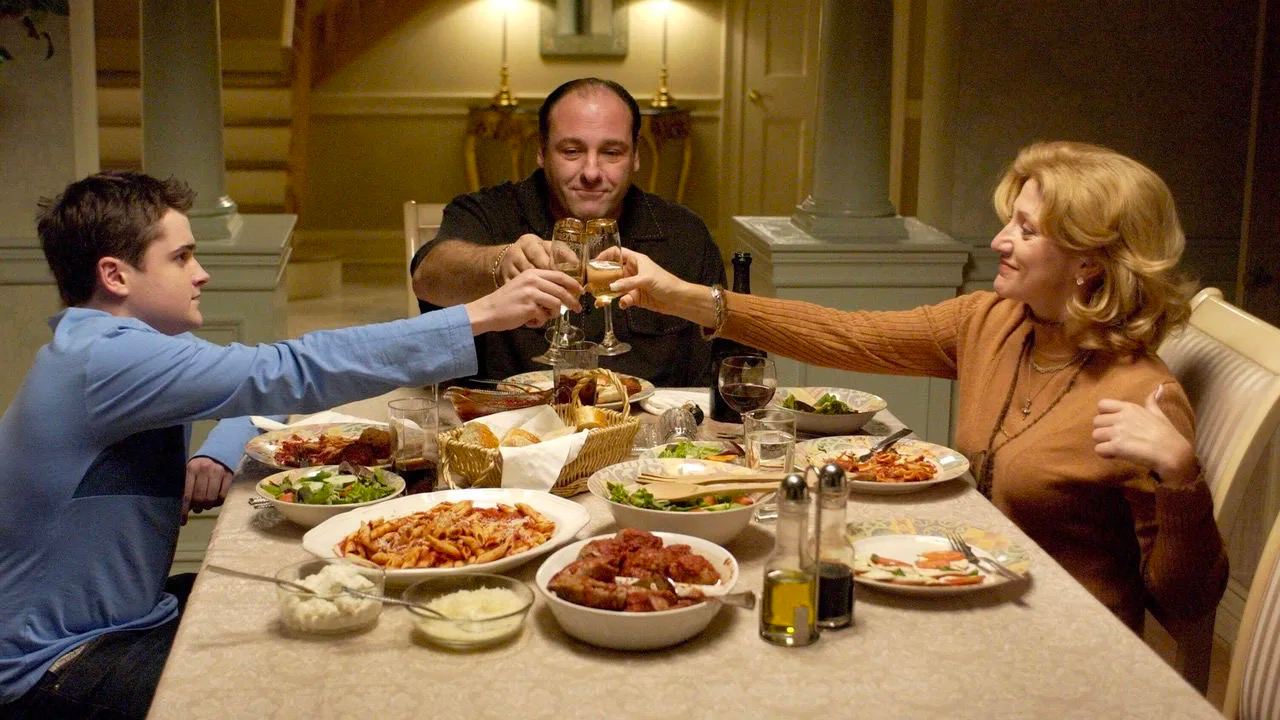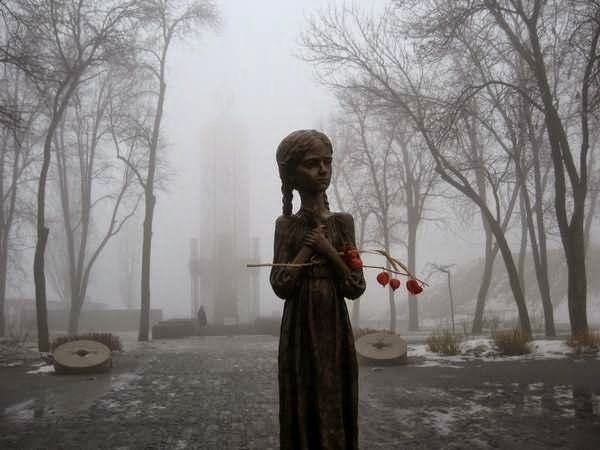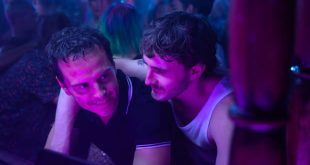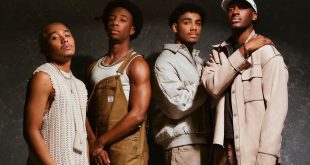The television show’s depiction of thwarted hopes and social change still resonates 25 years on
The year is 1999. The Berlin Wall has fallen; the twin towers still stand. America’s only war is against drugs. History, if Francis Fukuyama is to be believed, is over, and liberal democracy has triumphed. But in northern New Jersey, all is not well. Tony Soprano—a gangster and the protagonist of “The Sopranos”, which first aired on hbo 25 years ago—is having panic attacks.
If America is doing well, the mob is “trending downward”, according to Tony. “This thing of ours”, as the mobsters call their enterprise, faces a crisis of succession. Plus, business is not as good as it used to be, and the government is getting better at putting mobsters in jail. Things are falling apart and Tony, at the centre, cannot hold. The only thing that makes him happy is a flock of ducks that has colonised his swimming pool.
In film and fiction, the mafia has long represented the dark underbelly of the American dream. With “The Sopranos” David Chase, the show’s creator, gave the mob a new sensibility. The first episode begins in the office of Dr Jennifer Melfi with Tony (played by the then-unknown James Gandolfini) talking through the mess plaguing not only his family—his imperious, ageing mother; his frustrated, spiritually famished wife; his rebellious, adolescent daughter; his feckless son—but also the Family. A mobster whining about his mommy issues is a funny idea. (“Analyse This”, a comedy about a wiseguy in therapy, came out the same year.) But it is also an ingenious way to turn a stereotype into a living, breathing, gabagool-eating human being.
With Melfi’s help, Tony begins to realise that the two unhappy families are not so very different. He also finds that it is awfully hard to tell good from evil. In the best episodes, the two strands of Tony’s life are intricately intertwined, as when he takes his daughter to visit colleges in Maine at the same time as he tracks down and eventually strangles an informant. He craves legitimacy for his family but also revenge. Tony and his slick-haired, track-suited, potty-mouthed minions can be courteous one moment and criminal the next, fatherly and godfatherly, banal and barbarous. When the charming girlfriend of Tony’s nephew and appointed successor, Christopher, is pressured into collaborating with the FBI, she is unceremoniously killed.
It is hard now to remember just how radical “The Sopranos” was: not just a new take on a mob story, but a new take on television altogether. With a few notable exceptions, such as David Lynch’s “Twin Peaks”, in the Nineties American tv meant tame fare like “Friends”, “Frasier” and “er”—gossipy sitcoms and melodramas whose social concerns were real but as small as the screens they animated. “The Sopranos” was ambitious and ambiguous, most notably when, in one of the most controversial finales in the history of tv, the show cuts to black just as the Soprano family sits down for what could be its last supper. It adopted the vernacular of prestige cinema (and wore that influence heavily, as characters quoted from “The Godfather” and other classics).
At its heart the show is concerned with social change, an enduring theme. During the pandemic, a new generation of viewers discovered “The Sopranos”: hbo reported that total streaming hours tripled. The most interesting part of this renaissance is the popularity of the show among left-leaning young people, who see it as a critique of American capitalism. The mob, and mob movies, thrived when unions were strong, when gambling was more highly regulated and when cities were filled with small businesses rather than chains. “Lately, I’m getting the feeling that I came in at the end. The best is over,” Tony says in the first episode. “I think about my father: he never reached the heights like me, but in a lot of ways he had it better.” How many Americans, particularly young ones, would say the same thing now?








